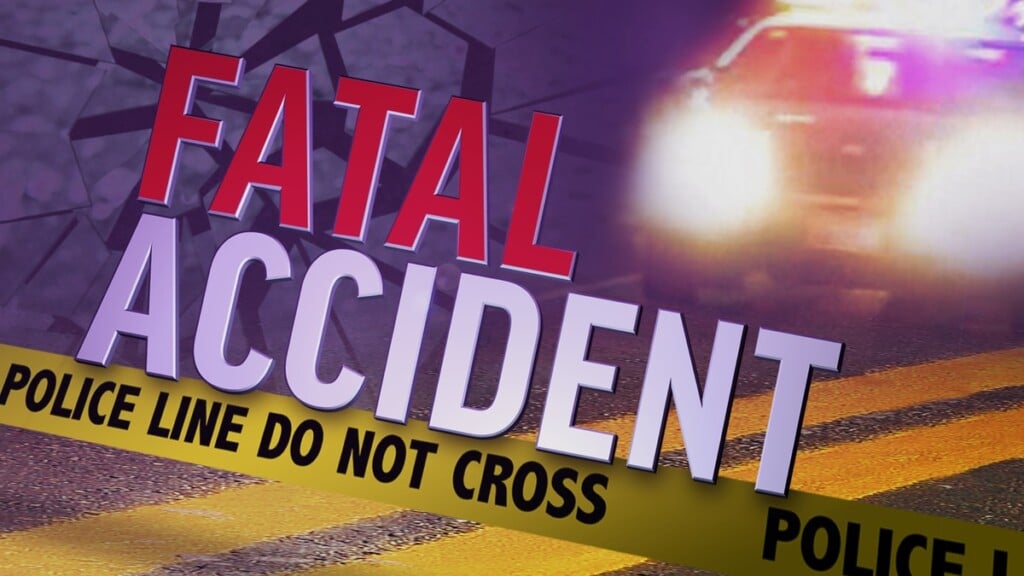Juvenile Justice panels sees divide from lawmakers, police on juvenile reform bills, availbility of deferral services
 CAMBRIDGE, Md – A panel at the Maryland Association of Counties Conference in Cambridge Wednesday highlighted the disconnect and disagreement between lawmakers, law enforcement, and the community on the impacts of those laws on juvenile crime.
CAMBRIDGE, Md – A panel at the Maryland Association of Counties Conference in Cambridge Wednesday highlighted the disconnect and disagreement between lawmakers, law enforcement, and the community on the impacts of those laws on juvenile crime.
The two bills prevented the charging of juveniles for certain crimes, as well as requiring a lawyer to be present for any questioning by police of those juveniles.
Bill Co-Sponsor Senator Jill Carter tells 47ABC the goal was to reduce the school-to-prison pipeline.
Carter believes there is a misunderstanding that needs to be addressed with where those restrictions in the laws play out in interactions with police.
“Nothing in any of the laws affects interviewing witnesses or conducting general investigations of crimes, The Law Child Interrogation Protection Act, specifically when someone is a suspect, and for the record, if someone is an adult, they have those same rights, the issue is we just want to make sure children understand them,” she said.
Cater says having a lawyer in the room levels the playing field, with juveniles understanding what rights they do or don’t have when in police custody, but Law Enforcement officials on the panel say when lawyers are required to be in the room- they do more than just explain Miranda rights, they advise clients not to talk to police.
“I can tell you, I don’t know many lawyers that would tell their client to go ahead and talk to us in that situation – So often it just doesn’t it doesn’t avail itself to that opportunity,” said former head of the Maryland Cheifs and Sheriffs Association Russ Hamlin.
Hamlin says by talking to kids they can understand problems in their lives, like abuse, and get them to services.
That discussion led to the second half of the panel, which covered what happens to children who would normally have entered the justice system under the structure the new laws create, known as Deferral services, run by local counties.
It’s those county-run services that everyone agrees need more help.
As part of the panel, Cecil County highlighted the Neighborhood youth panel program that has been running for 20 years but still struggles with complaint, tracking, and receiving sufficient referrals from either the Department of Juvenile Services, police or the school system.
They say in 2019 they found out they would lose their deferral if they were getting the referrals from DJS, and would need to shift to other sources, often with worse data on those juveniles and outcomes.
But as convoluted as the Cecil County system has become according to its Cecil County Human Services Director David Trolio, where services once labeled deferrals are now called interventions and funded differently despite interacting with a similar population of juveniles and connecting them with similar services, it’s a luxury that some counties don’t have at all.
“There are unintentional consequences of this because we’re seeing repeat juvenile crime that’s occurring here locally, we have an 11-year-old child who stole 11 cars in Cambridge and hasn’t seen juvenile services, they continue to talk about the resources that are needed yet here in Dorchester County and many of the counties on the eastern shore, we don’t have the resources,” said Delegate Tom Hutchinson.
Senator Carter tells 47ABC she agrees more funding needs to come from the state level for those deferral services. Senator Carter says before she’d be open to changing the law she wants everyone to understand what the current version means.
“I believe that some of the officials and authorities that are misinterpreting the law sincerely believe that they are correct, and I think that is a problem, we do have to do a better job of having discussions and going through the law line by line,” Carter said.
Delegate Hutchinson says Republicans plan to amend that juvenile interrogation bill, with new legislation to allow parents to act in place of a lawyer to give police permission to talk to juveniles.


